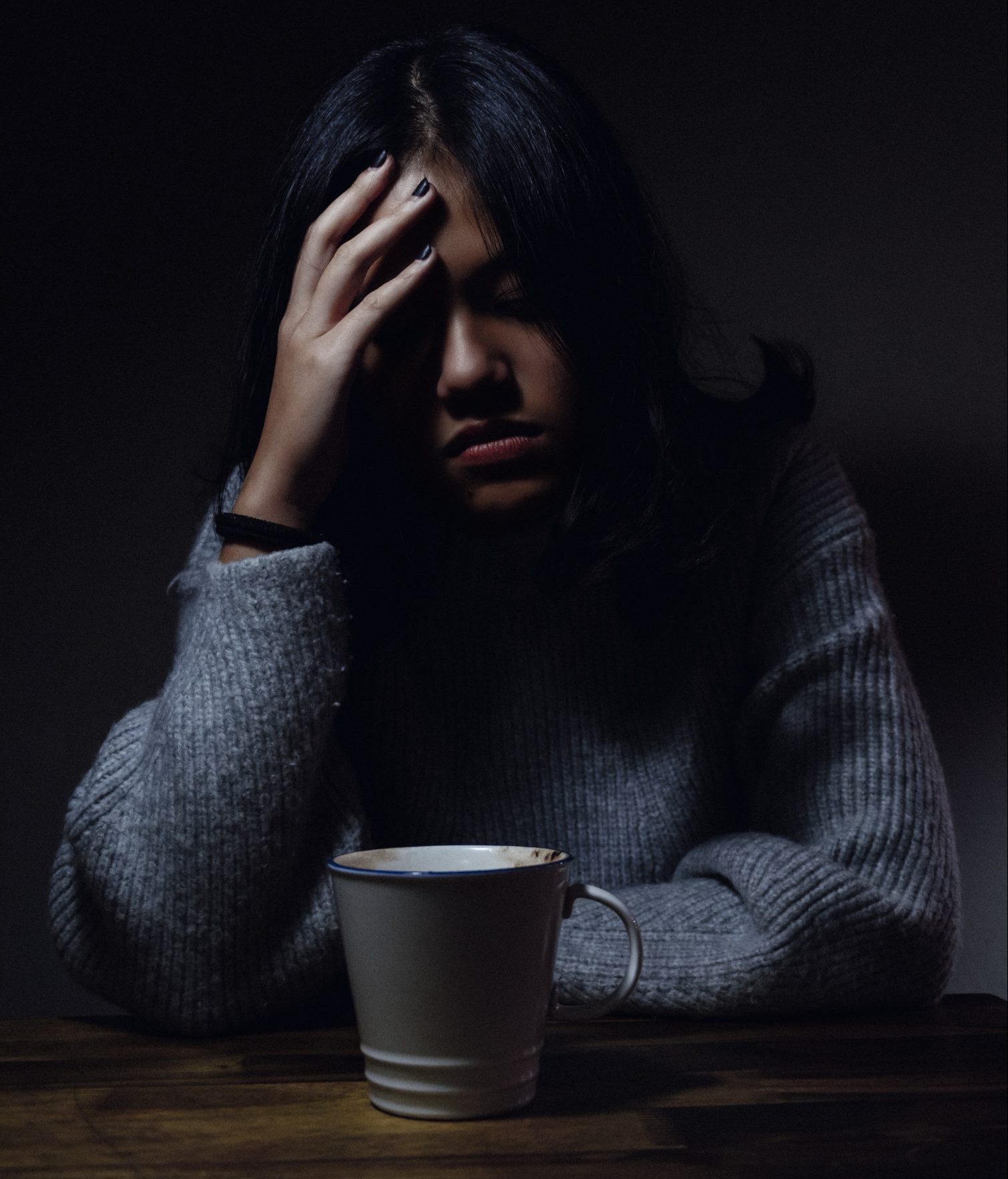06 Jun A Quick Guide to Generalised Anxiety Disorder (GAD)

By Carmen Beaumont
Generalised Anxiety Disorder (GAD) is characterised by persistent and excessive worry about a number of different things such as health, family, money, relationships, work or school. Often expecting the worst even when there is no apparent reason for concern.
Six in 100 Australians are likely to experience Generalised Anxiety Disorder in their lifetime1. Because you are so preoccupied creating scenarios in your head, you are likely to live in the ’what if’ and stop living in the here and now. This excessive worry can often control your life to the point of constantly questioning if you’re making the right decisions and feel paralysed. If left untreated it can become debilitating.
Some of the GAD symptoms you are likely to experience are:
- Excessive worrying and a sense of doom
- Limited ability to concentrate and focus
- Feeling fatigued
- Muscular tension
- Sleep difficulties
- Sweaty palms
- Increased heart rate
- Stomach aches and/or diarrhea
- Shaking
- Shortness of breath
- Numbness or tingling in different part of the body
The good news is that Generalised Anxiety Disorder (GAD) like any other anxiety type can be treated. GAD can be treated through therapy, medication and or a combination of the two.
When seeking help in treating GAD, your family doctor is a good place to start.
GAD and Therapy
A Psychologist can help you make sense of what’s going on for you including identifying triggers, behaviour patterns, worrying thoughts and various ways to address them. This in turn can result in feeling you are in charge of GAD and not the other way around.
GAD and Medication
Once again having a conversation with your family doctor is important. Medication recommended by your doctor will take into consideration things such as how long you have experienced GAD for and the severity of your symptoms to name a few. Medication can take a few weeks to start working so being prescribed medication to address your more severe symptoms until then is a conversation your family doctor will have with you.
Here are some things you can do to help yourself:
- Engage in regular exercise. This doesn’t have to be strenuous, it can be going on a leisurely walk for instance.
- Review your diet. Things such as sugar, nicotine and caffeine can act as stimulants only resulting in exacerbating your symptoms.
- Alcohol consumption can also result in an increase in your symptoms.
- Keep sleep in check.
- Allocate a ‘worry time’. If you find yourself worrying constantly, try telling yourself you’ll be worry about it at a later time. That may be enough for you not engage on unhelpful thinking.
- Identify ‘pointless worrying’. Ask yourself am I worried about the possibility of something happening or am I worried about something that’s actually happening? If you are doing the former, that is pointless worrying as it may never happen.
- Meditating/ Yoga. Nowadays there are a number of free/ cheap apps you can easily upload. Some of these are Smiling Mind, Headspace, Calm and Insight timer.
- Engaging in breathing techniques: Place your hand on your abdomen to ensure you are using your diaphragm. Your hands your rise as you breathe. Slowly breathe in through your nose to the count of three and slowly breathe out to the same count. As you inhale and exhale mentally count. This will increase your focus on your breathing. Keep doing this until your breathing is under control.
1. Australian Bureau of Statistics. (2008). National Survey of Mental Health and Wellbeing: Summary of Results, 2007. Cat, no. (4326.0). Canberra: ABS.
This blog was written by Carmen Beaumont. To learn more about Carmen’s experience, click here. Or to book an appointment to see her, or one of the other Psychologists at Vida, click here.


Sorry, the comment form is closed at this time.